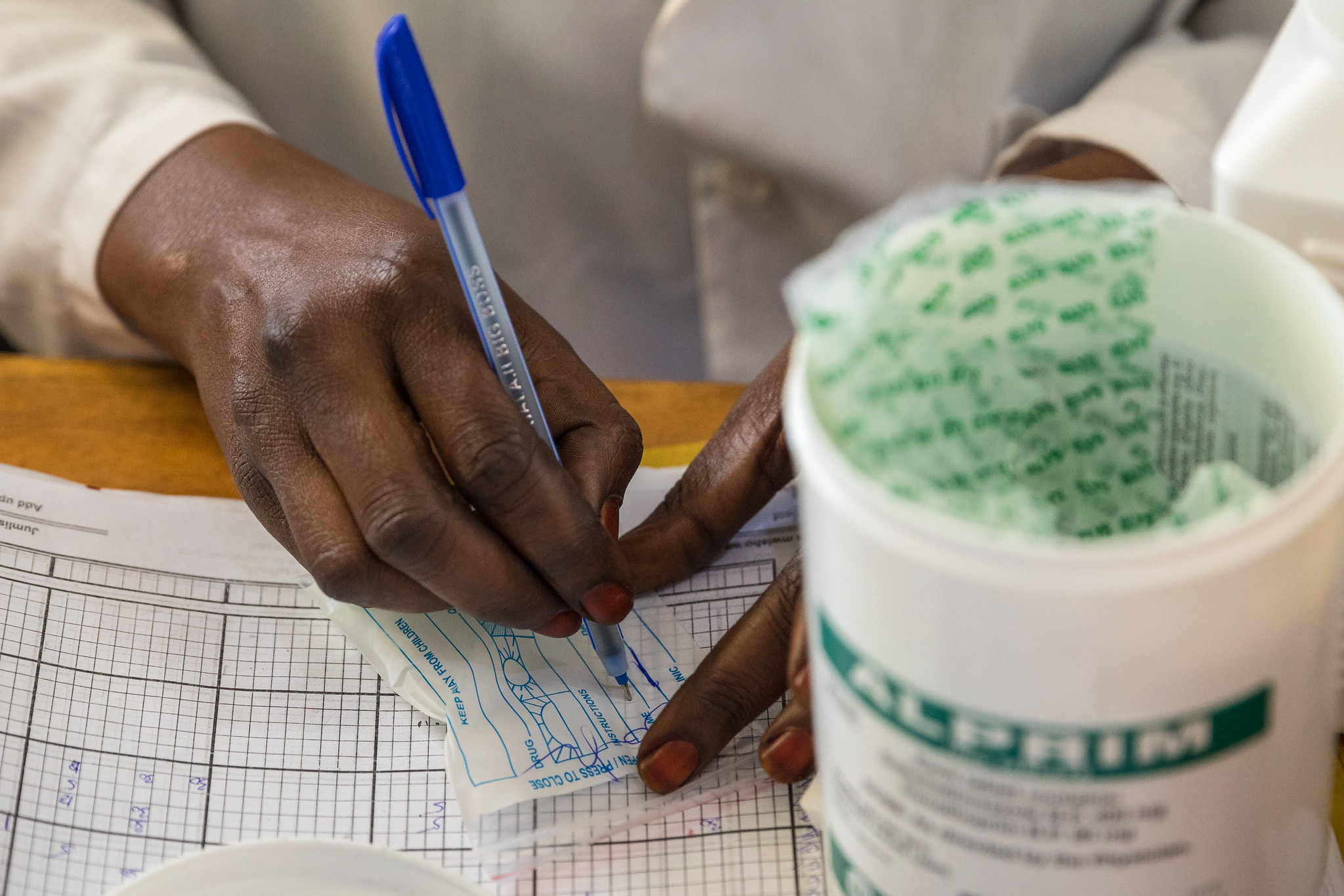Blog: Does NGO data offer an underused resource in health research?
Reflecting on a recent IGDC paper lead-authored by Sarah Masefield, Alice Megaw, Matt Barlow and Jean Grugel discuss the potential of NGO data for better research in global health, how they can be used to systematically inform research, and also play an important role in improving health and reducing health inequalities.

Non-governmental organisations (NGOs) play a major role in delivering, monitoring and advocating for health services around the world. Estimates suggest there are up to 10.3 million NGOs worldwide. In the process of their work, NGOs gather considerable amounts of data. Yet these data are often underused in academic research. We argue in a recent paper how they can be used to inform research more systematically, and therefore play an important role in improving health and reducing health inequalities.
To explore the potential of NGO data for better research in global health, we carried out a scoping review. We found that of 8,979 papers, just 238 studies (2.7%) used NGO data to investigate a health system and/or policy research topic. Of these, 82 studies only used NGO reports as a supporting reference or to provide context.
The remaining 156 studies carried out a “secondary analysis”, meaning they used the NGO data in a study for which the data were not originally collected. Of these 156 studies:
- Most (55%) had the goal of improving health via research on service delivery
- 48% were carried out in developing countries and 17% in both developing and developed countries
- NGOs were authors or co-authors of 26% of the studies
- Most of the studies covered topics of generic health relevance, followed by infection (e.g. HIV, tuberculosis, sexually transmitted infection), reproductive health and childbirth, and mental health
- Some papers used clinical data collected by NGOs (e.g. patient records) for research relating to marginalised groups with limited access to healthcare services
Our work shows that NGO data can inform vital research in areas such as programme evaluation and health policy and advocacy. NGO data may be particularly important for research relating to marginalised communities and in contexts that are hard to reach by academics, such as conflict-affected areas. We recognise potential challenges in using NGO data, including incomplete, inconsistent or aggregated data and lack of comparison groups. But the fact that even when NGO data are used the NGO is often under-acknowledged, or the data are not directly referenced - often because the data are extracted from international organisation reports - may deepen inequalities of knowledge and power between NGOs and other institutions.
An opportunity is being missed to do better research on global health, especially in relation to the health challenges faced by vulnerable groups. NGO data can help address the data gap that can prevent research from being relevant to the needs of the hardest to reach communities. We, therefore, support calls for greater collaboration between academics and NGOs to help address challenges in this area and hope that future research more explicitly draws on the potential of NGO data to improve health and reduce health inequalities.
The research was carried out by an interdisciplinary team at the IGDC, including lead author Dr Sarah Masefield, Alice Megaw, Matt Barlow, and IGDC co-directors Professor Henrice Altink, Professor Piran White, and Professor Jean Grugel. The article, Repurposing NGO data for better research outcomes: a scoping review of the use and secondary analysis of NGO data in health policy and systems research, was published in Health Research Policy and Systems in June.
Contact us
Interdisciplinary Global Development Centre
igdc@york.ac.uk
01904 323716
Department of Politics and International Relations, University of York, Heslington, York, YO10 5DD, UK
Twitter
Contact us
Interdisciplinary Global Development Centre
igdc@york.ac.uk
01904 323716
Department of Politics and International Relations, University of York, Heslington, York, YO10 5DD, UK
Twitter